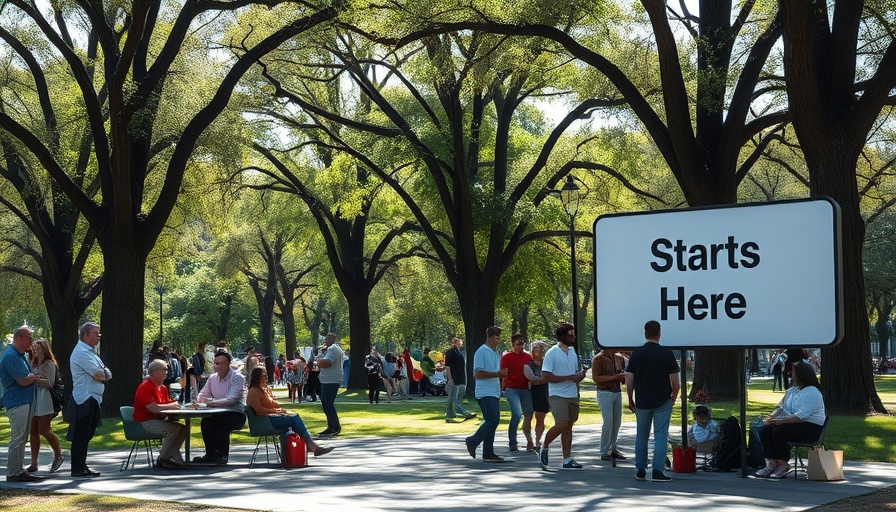
Exploring the Heart of Cuban Music Through Theater
The Buena Vista Social Club stands as more than just a musical; it’s a dynamic homage to a significant period in music history, celebrating the rich cultural tapestry of Cuba. Under the guidance of Grammy-winning producer Dean Sharenow, audiences are invited to immerse themselves in the vibrant atmosphere of Havana while discovering the profound history behind the creation of a legendary album.
Honoring a Legacy While Embracing Fresh Perspectives
Sharenow reveals the artistic dilemmas encountered while transitioning the album into a theatrical spectacle. He recounts conversations with Orin Wolf, the show’s producer, about capturing the essence of the music without sacrificing authenticity. This meant ensuring that the music is performed in Spanish, honoring its roots, as Sharenow emphasizes that this experience should resonate deeply with Cuban audiences.
A Musical Journey with Rich Historical Context
At its inception in the mid-1990s, the Buena Vista Social Club project magically united retired Cuban musicians whose nostalgia for the vibrant nightlife of pre-revolution Cuba was akin to rekindling a forgotten flame. According to Marco Ramirez, the playwright involved in the stage adaptation, the challenge was to create a theatrical narrative that reflects this magical opportunity for a second chance—a theme echoed throughout their story. Knowing this history enriches the audience's engagement and appreciation for the music.
Incorporating Authenticity Through Culture
As Sharenow notes, casting is crucial. It was essential not only to find musicians skilled in the styles of Cuban music, but also to fill the stage with those who have lived and experienced the same cultural heritage that informs the songs. This is further supported by insights from the New York Theatre Guide, which highlights the revival of these once-obscure musicians through their reintroduction onto the international stage.
Connecting the Past with Present-day Relevance
The Buena Vista Social Club is steeped in nostalgia, but it also serves as a contemporary entity. By assembling an ensemble that reflects the diversity of Cuban culture, the show presents its themes of resilience and revival. Engaging the audience is paramount, as the music and stories resonate with the heartbeat of Cuba. This connection invites a sense of community among spectators, creating a shared experience that is both celebratory and poignant.
A Call for Future Audiences
As the musical prepares to make its mark on Broadway, it showcases the importance of recognizing and cherishing cultural heritage. Attending the Buena Vista Social Club is not merely a night of entertainment; it’s an opportunity to engage with significant historical narratives and appreciate the depth of Cuban music. Audiences can look forward to not only hearing the songs that have entranced generations but also witnessing a performance that encapsulates hope, struggle, and artistic rebirth.
This fusion of depth, culture, and artistry by Sharenow promises to elevate the audience’s experience, encouraging them to reflect on how they interact with music and its ability to bridge divides. As vibrant as the heart of Havana itself, this production invites everyone to join in the celebration of a storied legacy.
 Add Row
Add Row  Add
Add 




Write A Comment